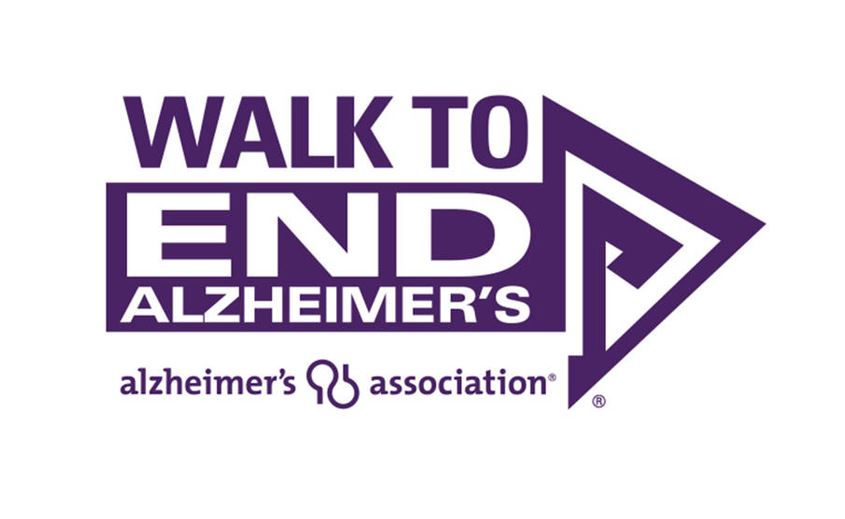October 6, 2021 | Nursing Home Protection

What do the Loch Ness Monster and long-term care have in common? They both scare people and are shrouded in myths. While we can’t help with a fear of the Loch Ness Monster, we can help ease anxiety surrounding long-term care by dispelling some common misconceptions. Let’s take a look at what’s fact vs. fiction.
Myth: “I’m confident I can afford home care.”
Fact: You can certainly save for home care if that’s your preference, but many people aren’t aware of the cost. Health aides average $20.50 per hour. For 24/7 care, that can total upwards of $180,000 per year. Your plan for tackling long-term care costs will need to factor that into your budget.
Myth: “I can get on PASSPORT and get home care for free.”
Fact: That may be true, but only if you qualify financially and physically after an assessment. PASSPORT is Ohio’s program for Medicaid-eligible seniors who need long-term services to stay in their home, rather than a nursing home. To qualify, you’ll need to be at least 60 years old and in need of nursing home level care but have been deemed able to remain at home safely by your physician. As of this writing, you’ll also need to earn no more than $2,349 per month and have no more than $2,000 in countable assets (though there are some exceptions). But even if you do qualify, you might be surprised to learn that at most you can receive 20 hours of care per week.
Myth: “I already know which assisted living facility is right for me.”
Fact: It’s always a good idea to consider your options. However, most assisted living facilities are private pay, which could limit your choices. Plus, should you experience severe cognitive decline or health issues requiring more extensive care, an assisted living facility won’t be able to meet your needs.
You’ll also want to consider that the rate your preferred facility charges today may not be the same as what it will charge a year or more down the line. That, along with extra charges for additional services like making the bed or administering medication—which you may not need immediately but likely will as your age progresses—can add up to make the cost of the facility more than expected.
Myth: “Not all nursing homes accept Medicaid.”
Fact: Believe it or not, all nursing homes accept Medicaid, but it’s not a fact they’d like to publicize. That’s because they receive less compensation per patient from Medicaid than those who pay privately.
Yet, Medicaid isn’t uncommon among nursing home residents. In fact, it’s the primary payer for long-term care. According to the Kaiser Family Foundation, over 60% of nursing home residents are Medicaid recipients. Why? Because nursing home care is expensive, and the costs can quickly overwhelm your savings, even if you’ve been diligent. Out-of-pocket medical expenses incurred in the five years prior to death leave one in four seniors near bankruptcy.
We all hope we won’t need long-term care, but the truth is that 70% of us will. Though whether or not we need long-term care may be out of our control, how we deal with the cost is not. The best way to protect yourself is to proactively create a plan to address it.
Thankfully, you don’t have to go it alone. At AlerStallings, our team of compassionate elder care and estate planning attorneys specialize in asset protection planning, utilizing legal tools such as trusts to protect what matters most to you and your family from nursing home costs. We can also help you navigate the benefits available to you, including Medicaid and VA, to make sure you get the coverage you need. And most importantly, we’ll be with you for life, updating your plan as needed to ensure that you feel secure no matter where life takes you (except for maybe Loch Ness).









